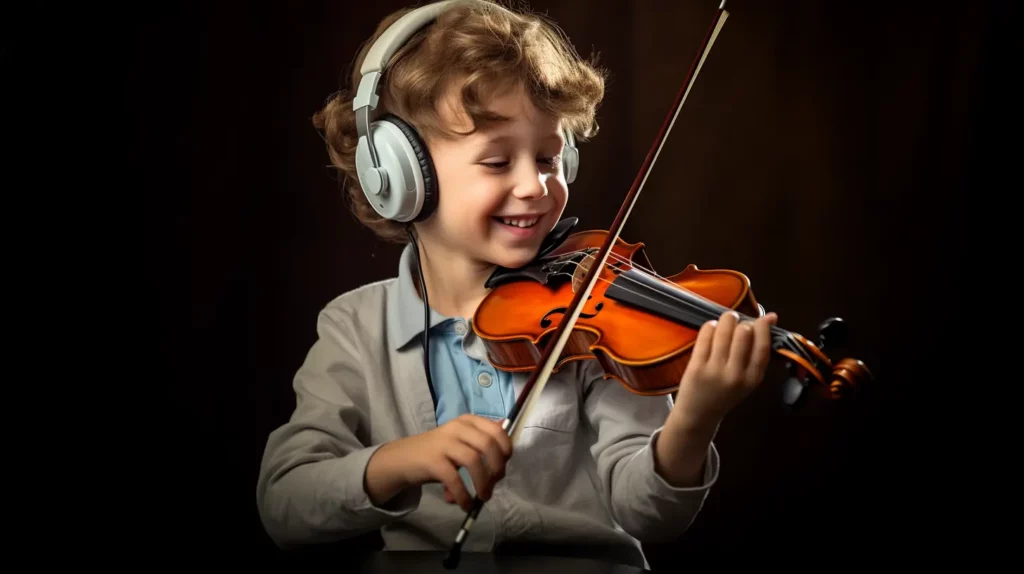In recent years, coding has become a highly sought-after skill, with many parents and educators encouraging kids to learn it at an early age. However, according to a study conducted by MIT, parents might want to consider having their children focus on music instead. The study revealed that students who took music lessons experienced improved academic performance compared to those who didn’t.
The research suggests that music can help foster essential skills such as critical thinking and problem-solving abilities – all of which are important for success in today’s world. Playing an instrument also encourages creativity and focus, which can aid in better decision-making. Music teaches discipline and resilience, both of which are important character traits that will serve any person well during their life.
These findings demonstrate the importance of exposing children to a variety of activities from an early age rather than just focusing on coding or any other particular skill set. Studying music opens up young minds and encourages them to be creative when solving problems – a useful quality for future success in any field! It is precisely this kind of learning environment that prepares students for the challenges they will face later in life.
Brain Structures Differ between Musicians and Non-Musicians
Recent studies have revealed some interesting structural differences between the brains of musicians and non-musicians. Specifically, it appears that musicians have more grey matter in areas related to auditory and motor processing, as well as better connectivity between brain regions involved in language, memory, and executive functions. This increased amount of brain tissue may help explain why individuals who learn to play a musical instrument tend to outperform their peers on certain academic tasks.
In particular, playing an instrument can lead to improved attention span, memory recall, problem-solving abilities, critical thinking skills, and language competency – all of which are vital for success in the classroom. Furthermore, musical training has also been found to reduce anxiety levels among children significantly, resulting in better overall mental health. It is clear that learning music offers many cognitive benefits that can be beneficial both to students and adults alike.
The cognitive benefits of playing an instrument are well-documented. Several studies have explored the relationship between music and various aspects of cognitive development. Specifically, these studies suggest that music lessons can positively affect students’ attention spans, memory recall, executive functioning skills such as planning and organizing information, problem-solving abilities, and language competency. Additionally, musical training has been found to reduce anxiety levels among children significantly, which could lead to improved overall mental health. These findings support previous research on the effects of music on cognitive development and suggest that learning to play a musical instrument can be beneficial for both children and adults alike.
It is clear from these studies that learning music can have substantial positive impacts on both physical and mental development. If you want to invest in your children’s future success, consider signing them up for music lessons! They may surprise you with what they can achieve!
So if you want your kids to be smarter and more successful down the road, why not sign them up for some music lessons? Who knows what hidden talents they may discover? It’s guaranteed to be an experience that will last a lifetime!








